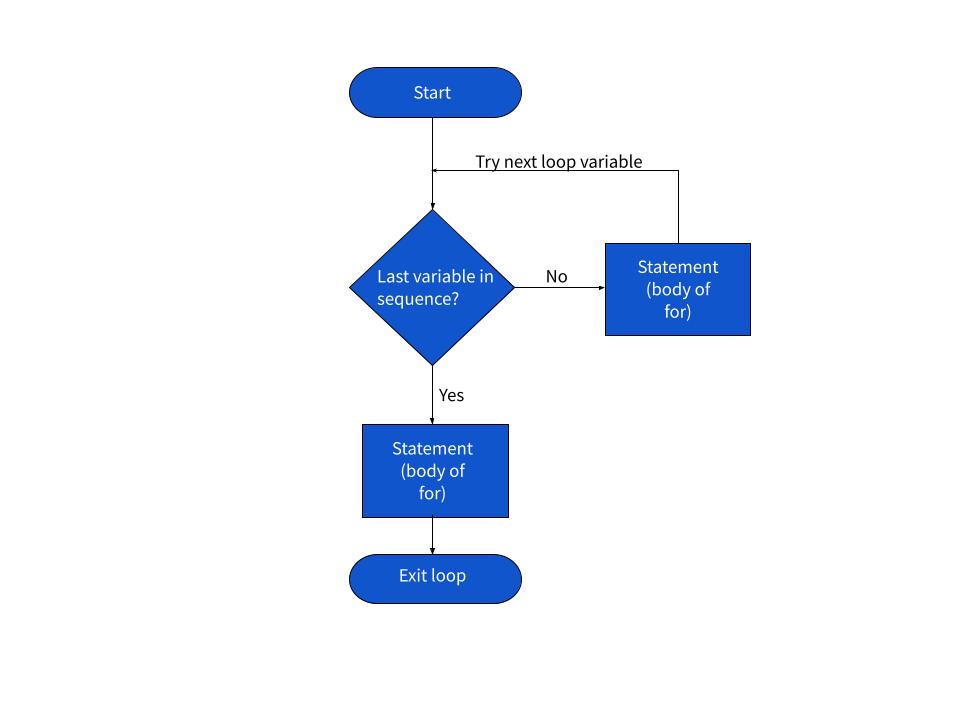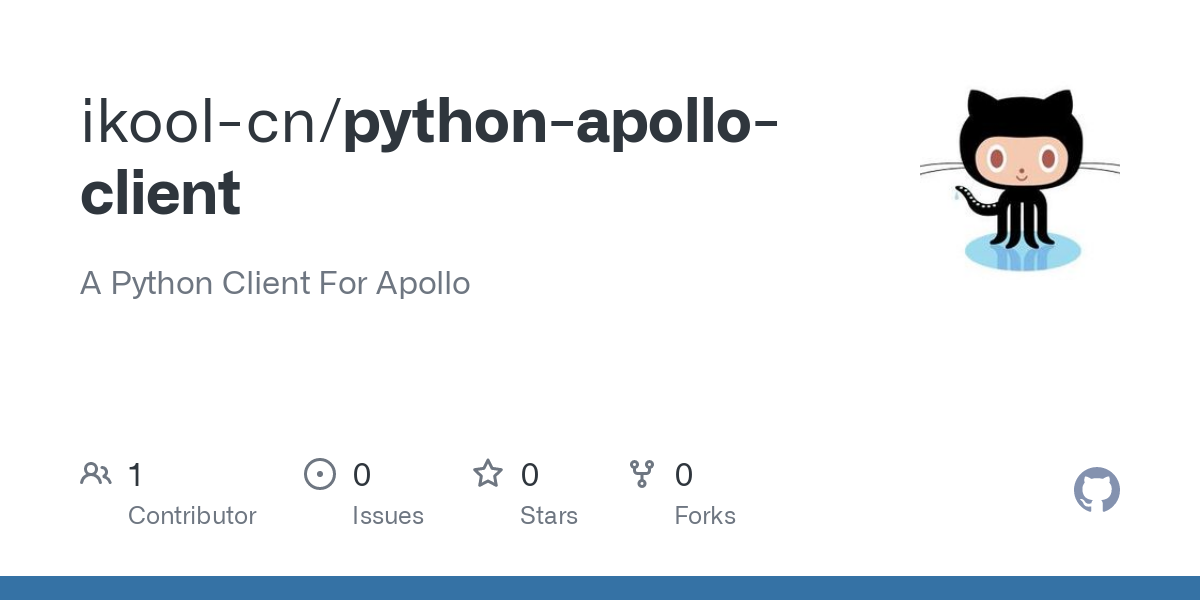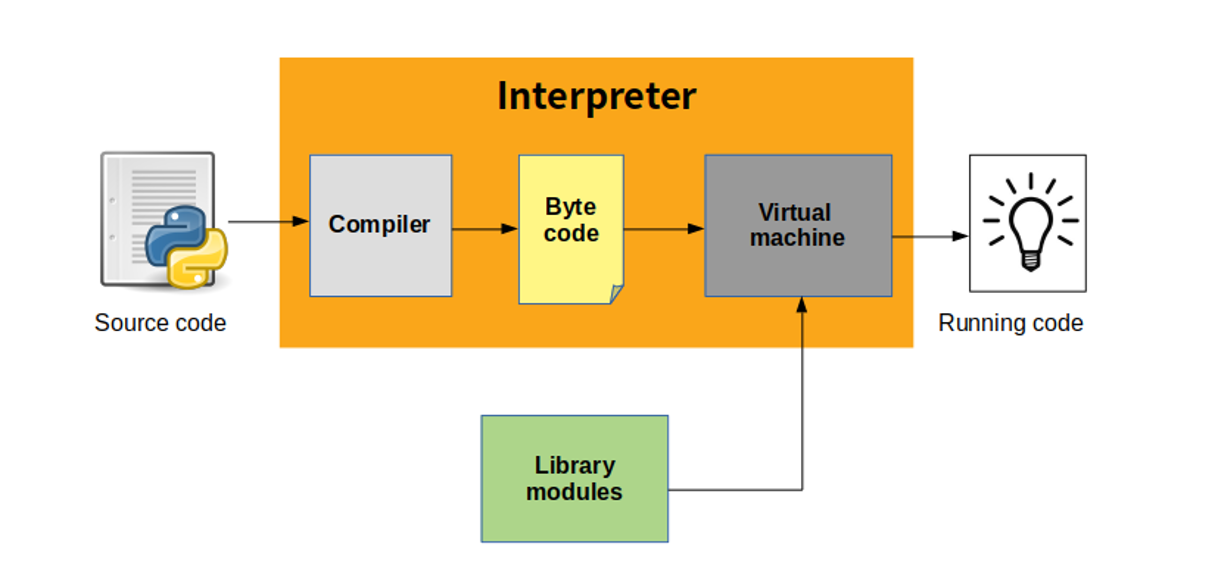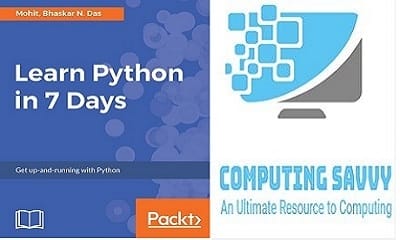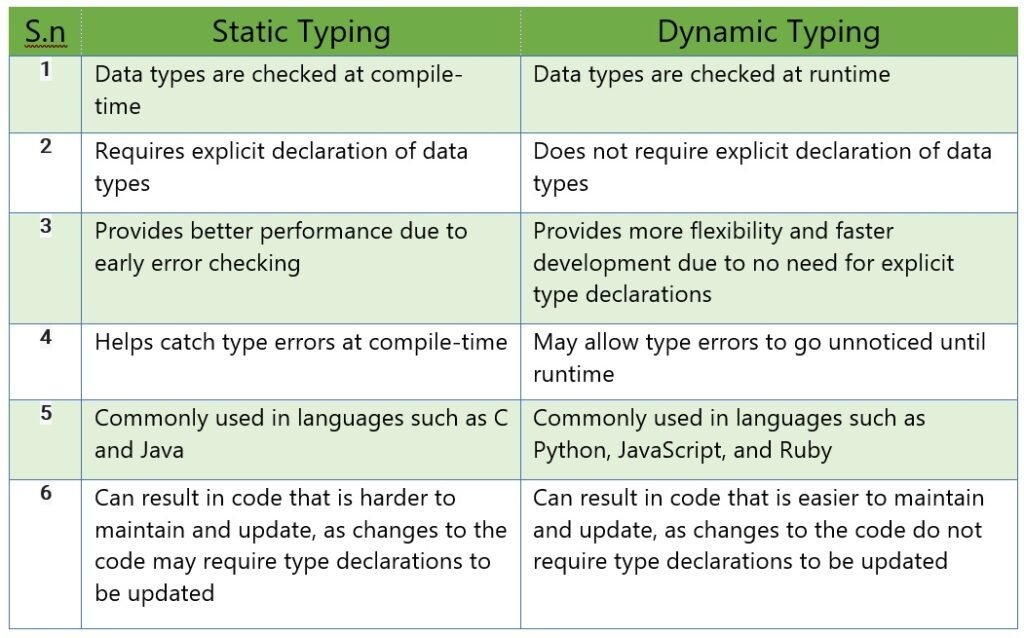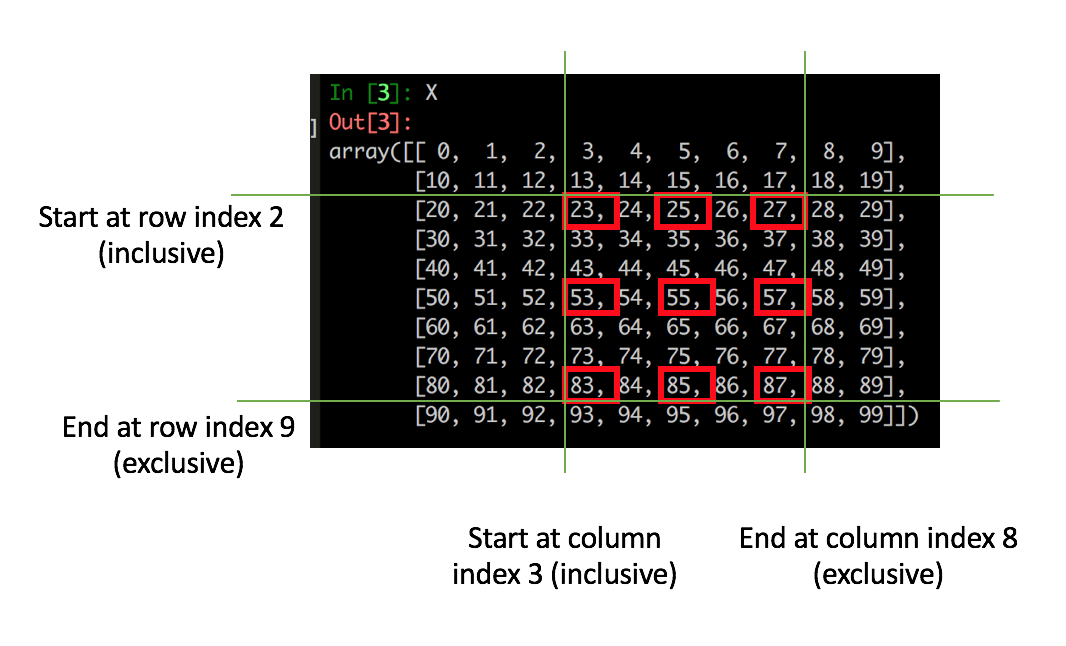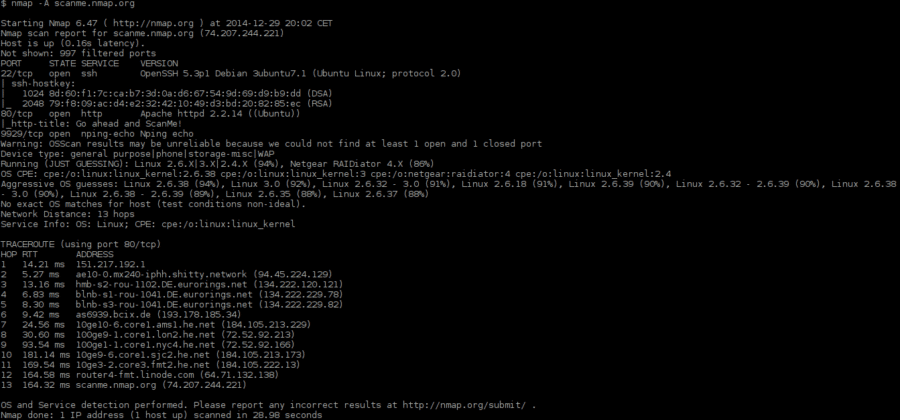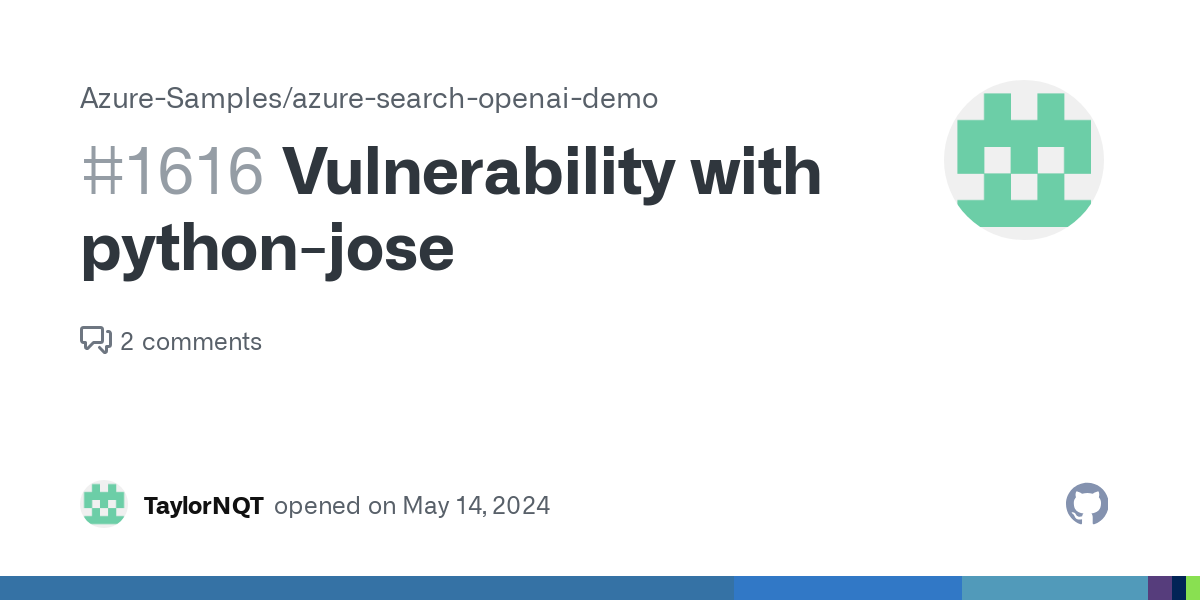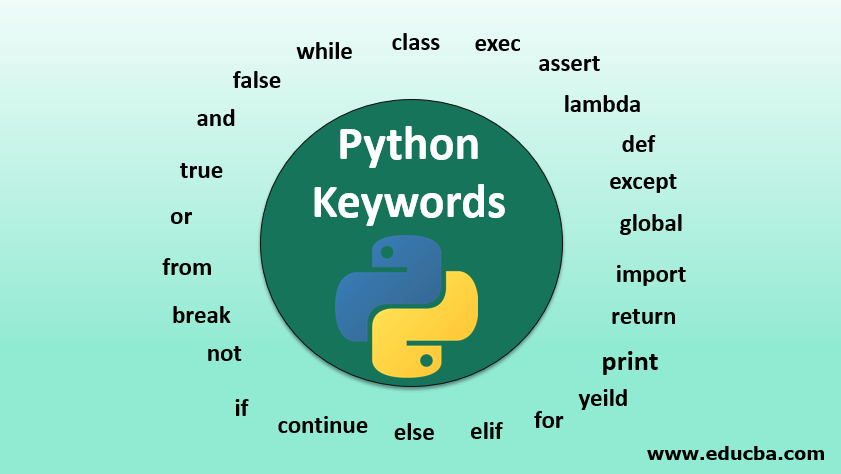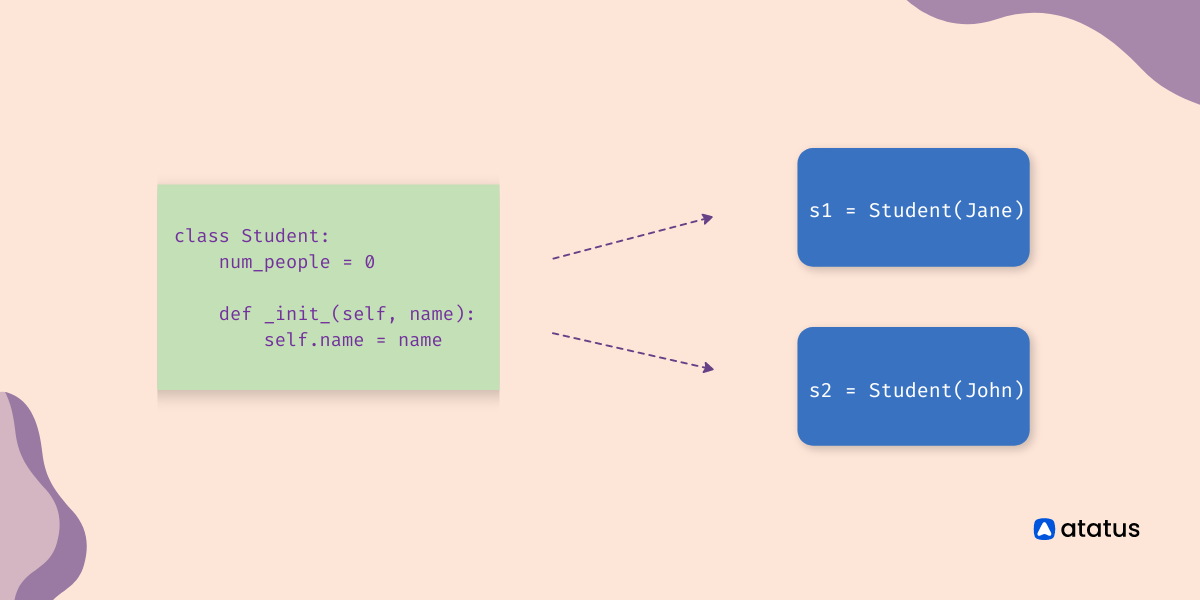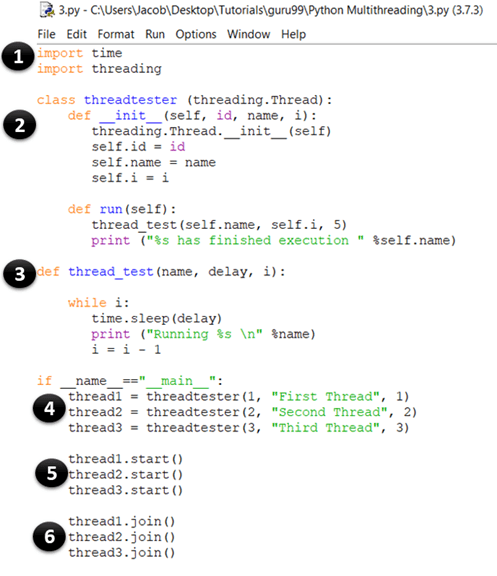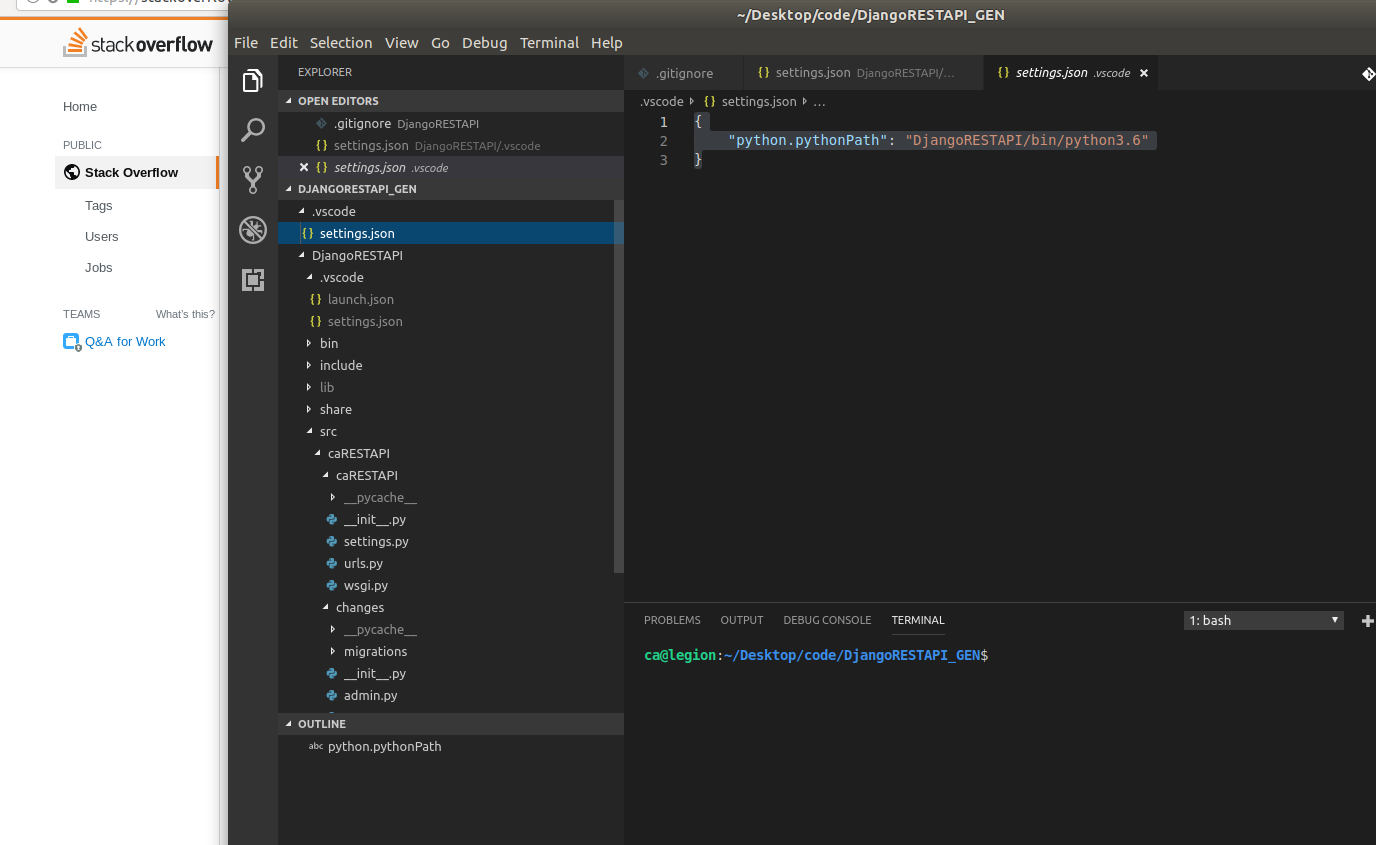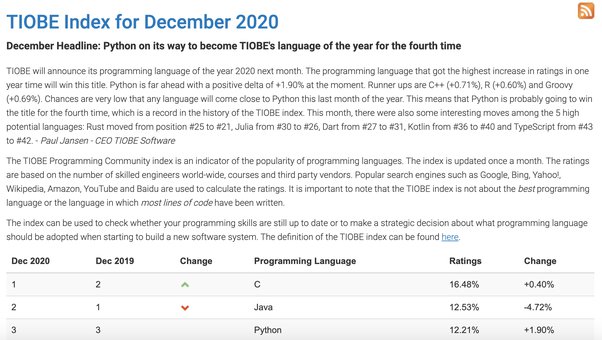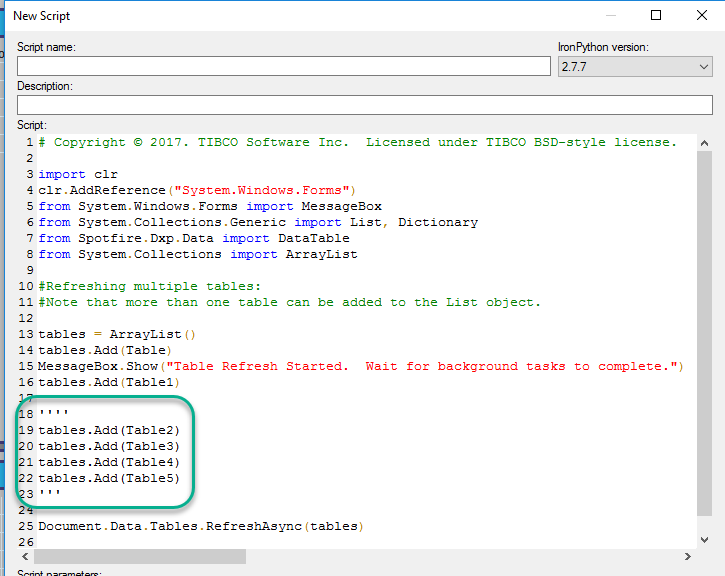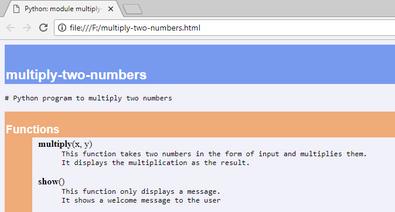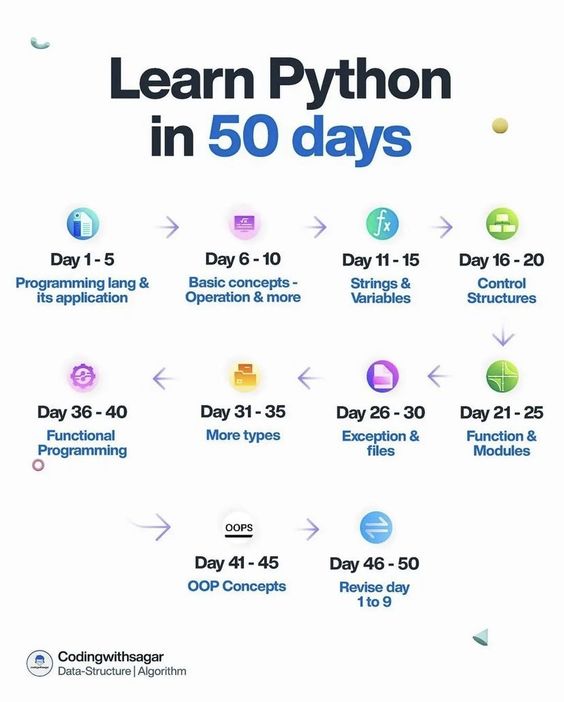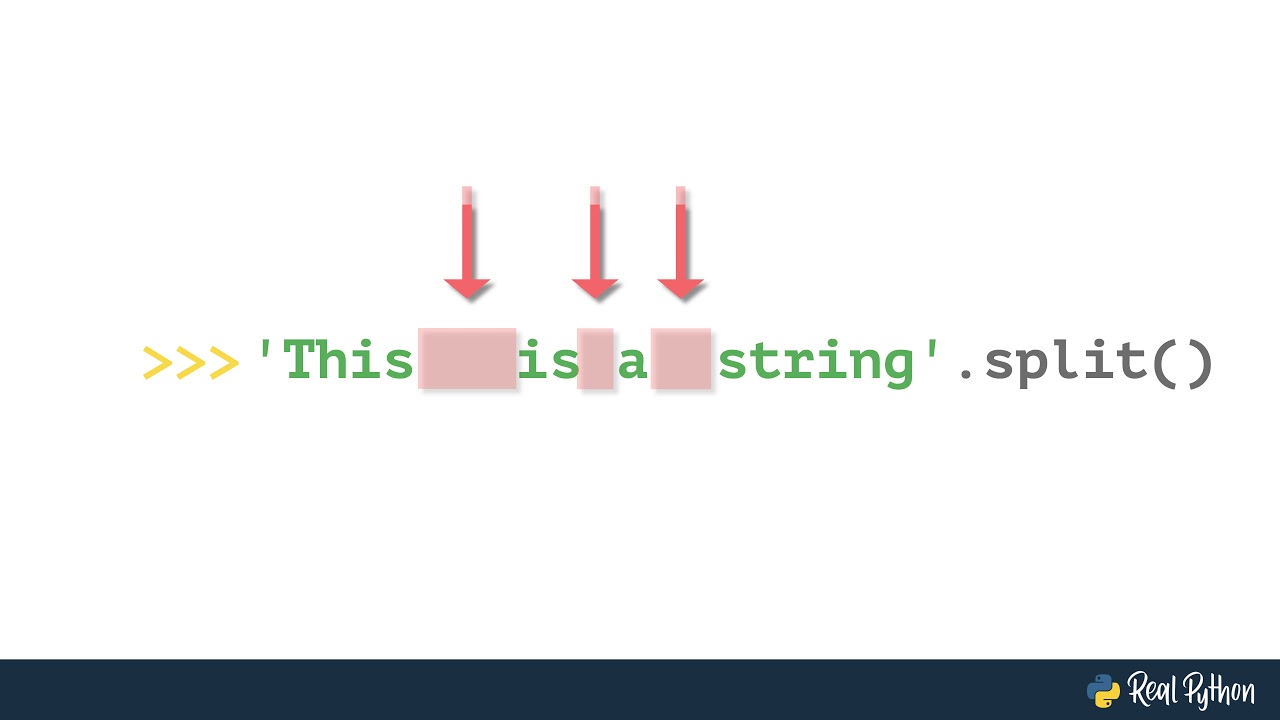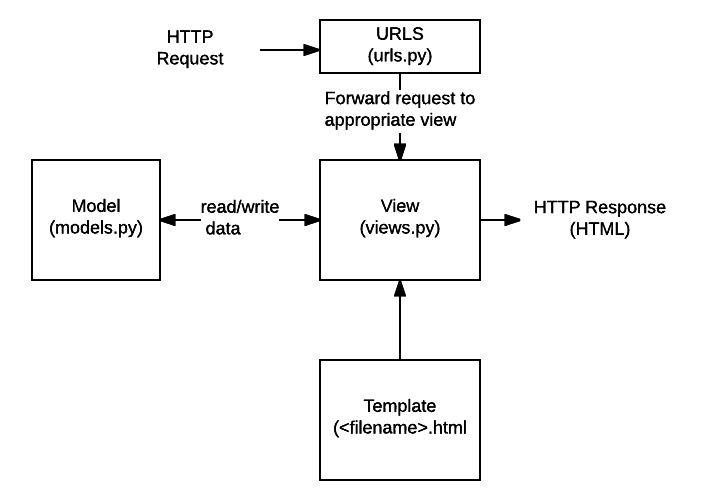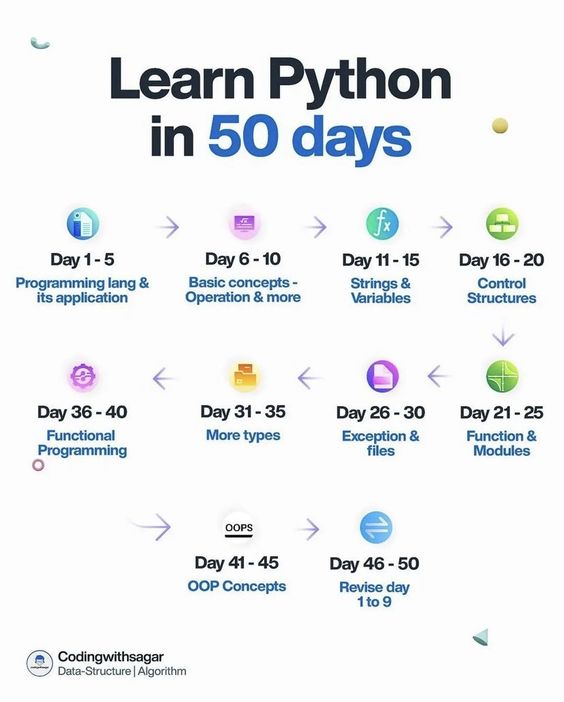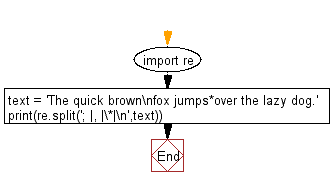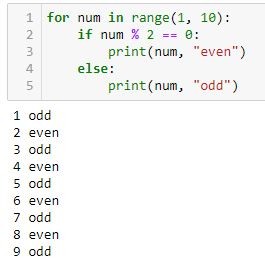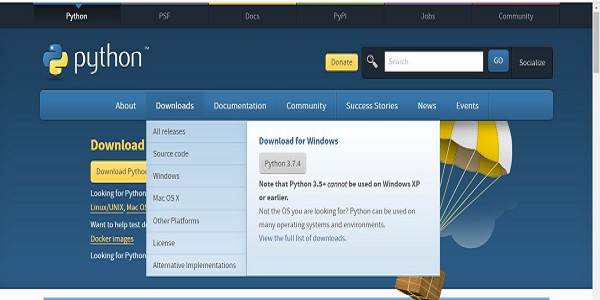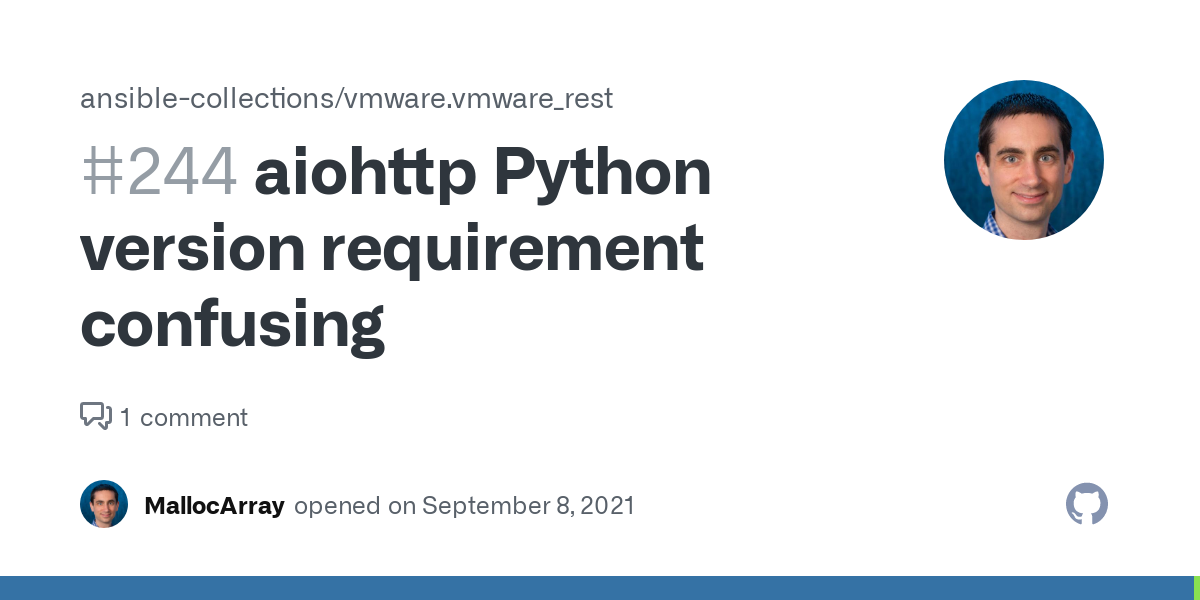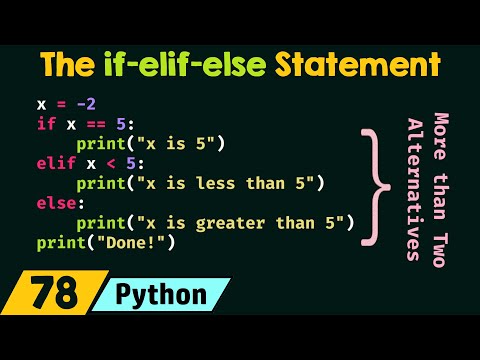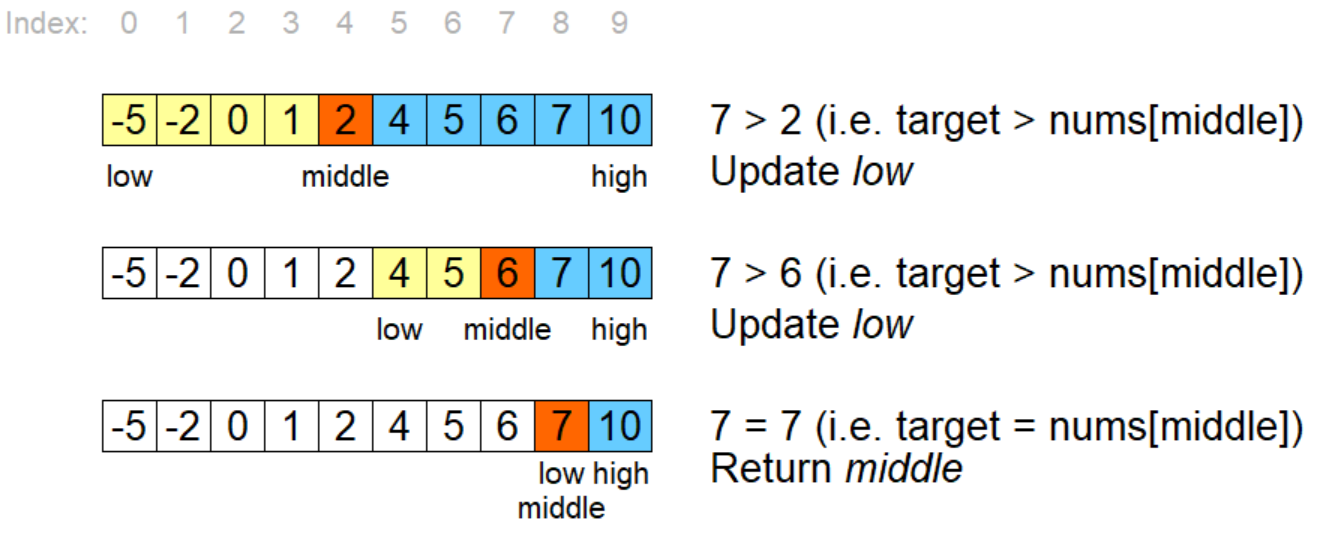Can I master Python in 2 weeks?
Can I master Python in 2 weeks?
I'd be happy to help you with that.
Mastering Python in just two weeks is a challenging goal, especially if you're new to programming. While it's possible to learn the basics of Python in a short amount of time, becoming proficient enough to tackle complex projects or work professionally as a Python developer likely requires more dedication and effort.
Here are some reasons why:
Syntax and basics: Python has a unique syntax, which may take some time getting used to, especially for those who haven't programmed before. You'll need to understand the basics of programming, such as variables, data types, control structures, functions, and object-oriented programming (OOP) concepts. Library and framework familiarity: Python has an extensive collection of libraries and frameworks that can help you build various types of applications. Familiarizing yourself with popular ones like NumPy, Pandas, Flask, Django, or TensorFlow will take time and practice. Practice and project development: To truly master Python, you'll need to work on projects that challenge your skills. This might involve web scraping, data analysis, machine learning, or building a full-fledged application. The more complex the project, the more time it takes to complete. Debugging and troubleshooting: Even with the best intentions and planning, errors will arise. You'll need to learn how to debug your code, identify and fix issues, and optimize performance.That being said, two weeks is a reasonable amount of time to get started with Python and make significant progress. Here's a possible plan:
Week 1:
Spend the first few days learning the basics of Python through online resources like Codecademy, DataCamp, or Python.org. Focus on building simple programs, such as calculators, games, or chatbots. Experiment with popular libraries and frameworks to get a feel for what's available.Week 2:
Dive deeper into specific areas of interest, such as data analysis with Pandas or machine learning with scikit-learn. Work on more complex projects that integrate multiple concepts you've learned. Practice debugging and troubleshooting by intentionally introducing errors and fixing them.Remember, mastering Python (or any programming language) takes time, effort, and dedication. Two weeks is a great starting point, but it's essential to be realistic about the progress you can make during this period.
To accelerate your learning:
Set achievable goals: Break down complex tasks into smaller, manageable chunks. Find resources: Utilize online courses, tutorials, books, and forums to support your learning journey. Join a community: Engage with other Python enthusiasts on platforms like Reddit's r/learnpython or Stack Overflow to get feedback and stay motivated.In conclusion, while it may not be possible to become an expert in just two weeks, you can make significant progress and lay a solid foundation for further learning. Keep practicing, stay curious, and enjoy the journey of mastering Python!
Can I learn Python in 2 hours?
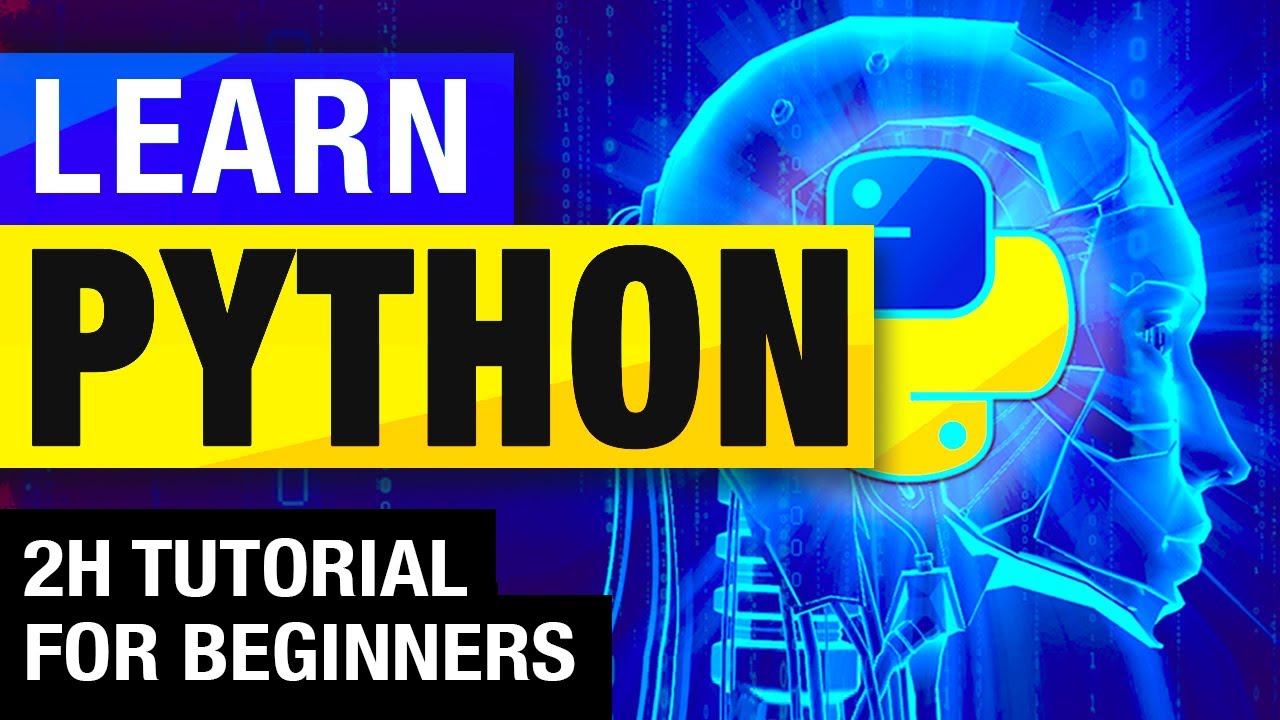
I'd be happy to help! However, I must clarify that learning Python (or any programming language) in just 2 hours is highly unlikely, if not impossible. Programming requires a significant amount of time and effort to grasp the fundamental concepts, syntax, and best practices.
That being said, you can still make progress with a focused approach and some prior preparation. Here's what I mean:
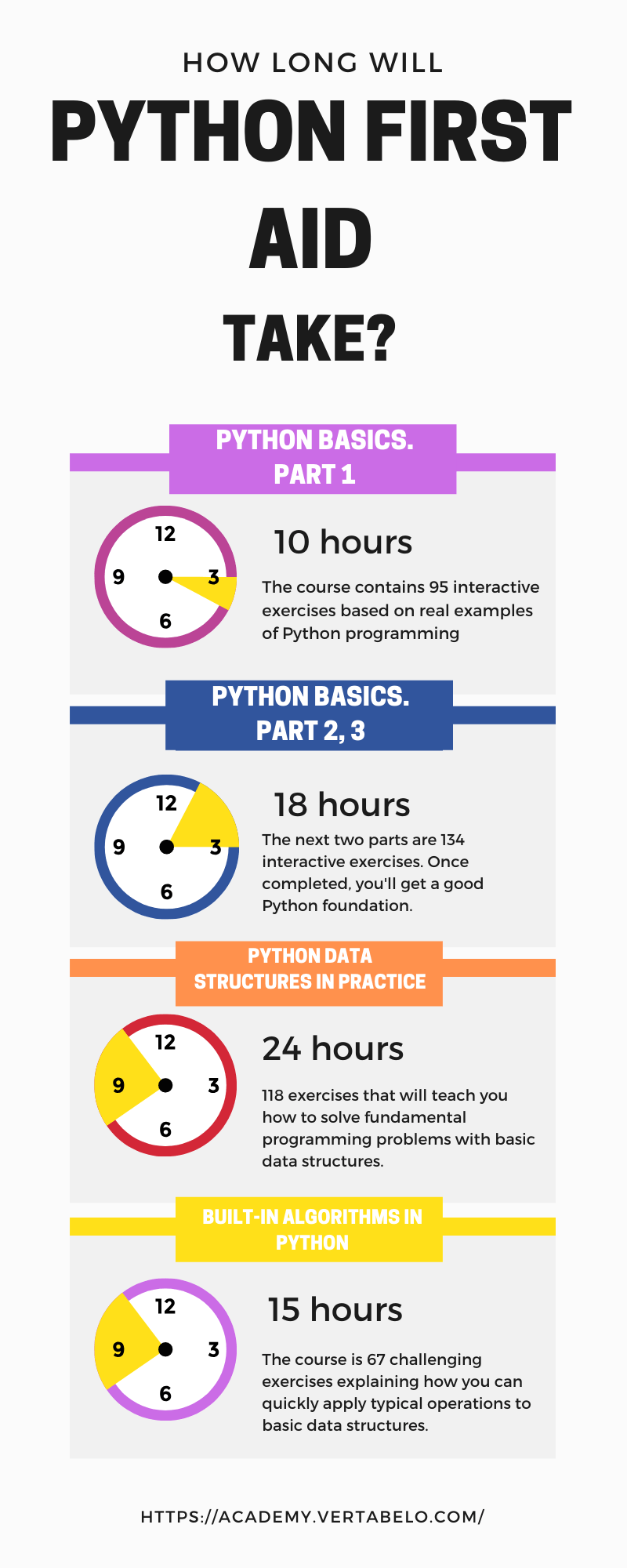
However, keep in mind that 2 hours is merely the tip of the iceberg. To become proficient in Python (or any programming language), you'll need to dedicate more time and effort.
Here's a rough estimate of the time it takes to reach different levels of proficiency:
Basic understanding: 1-3 months - You can learn basic concepts, syntax, and data structures. Intermediate level: 6-12 months - You can start building small projects, learning about modules, and experimenting with different libraries. Advanced level: 1-2 years - You'll need to focus on specific domains, such as machine learning, web development, or data science. At this stage, you should be able to tackle more complex projects. Expert level: 3+ years - To become an expert in Python (or any programming language), it typically takes several years of continuous practice, learning, and project work.Remember that the key to improving is consistent effort and practice. Start with small goals, build upon your progress, and gradually move on to more challenging projects.
So, while 2 hours might not be enough to become a Python expert, you can still make significant progress in that time frame. Just keep in mind that it's only the beginning of your programming journey!
